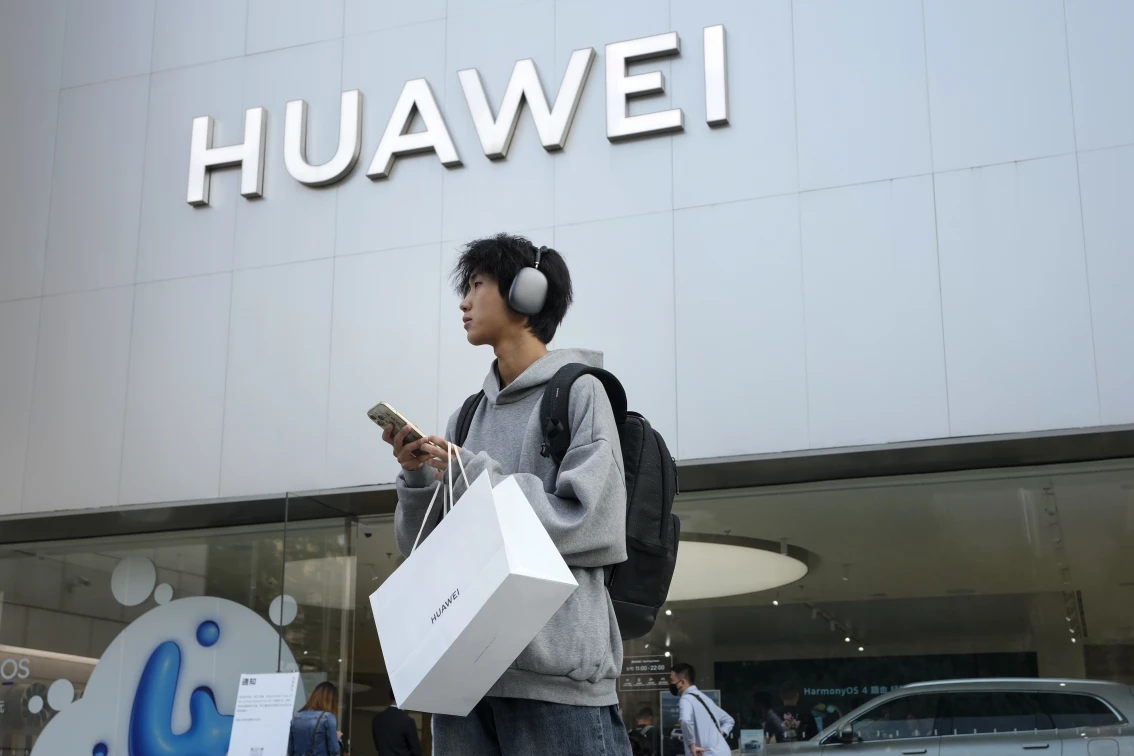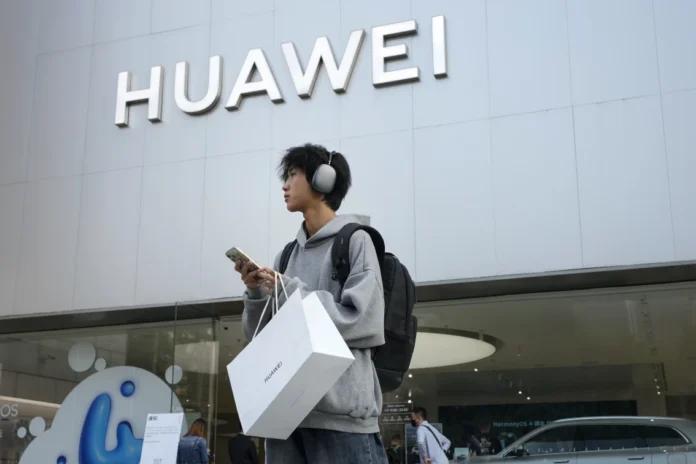TAIPEI, June 15, 2025 – Taiwan’s Ministry of Economic Affairs has just added Huawei Technologies and Semiconductor Manufacturing International Corp. (SMIC) to its “strategic high‑tech commodities” export-control list. Starting June 10, Taiwanese companies—most notably TSMC, UMC, ASE, SPIL, Nanya, and others—must now seek government approval before exporting advanced chips, equipment, materials, or related technology to these Chinese firms.

What triggered this decision?
Deceptive AI-chip order: Huawei allegedly used shell companies to trick TSMC into producing two million AI chiplets intended for its Ascend 910-series processors, despite existing U.S. export bans. These chiplets were integrated into Huawei’s flagship AI hardware
Escalating U.S. pressure: The United States had already compelled TSMC to cease shipments of advanced chips to Chinese clients and launched an investigation with fines potentially exceeding $1 billion for violations tied to Huawei chip supplies
Strategic impact
Choking China’s AI push
Isolation from Taiwan’s semiconductor ecosystem—comprising TSMC’s cutting-edge fabs and supporting vendors—severely hinders Huawei and SMIC’s ability to develop advanced AI processors and build manufacturing capacity inside China
Bolstering Taipei’s security posture
Taiwan frames the ban as a defense measure against the weaponization of high-tech tools by China—especially sensitive given Beijing’s territorial ambitions toward Taiwan
Aligning with U.S. policy
The move tightens Taiwan’s chip export policy in step with American sanctions against Chinese AI initiatives, sending a clear message of solidarity with Washington
Industry reaction & outlook
TSMC—already under U.S. regulation for its use of American-made components—may now face Taiwanese licensing hurdles for existing and future deals with Chinese-designed firms
Other Taiwanese suppliers, including UMC and Nanya, will also be subject to the new permit regime, tightening access to Taiwan’s entire semiconductor supply chain
Chinese semiconductor ambitions, especially in AI and advanced nodes, could suffer significant delays or setbacks. This may force Huawei and SMIC to rely more on older technologies or pursue costly domestic development.
Bottom line
Taiwan’s export ban is both a direct response to Huawei’s covert chip acquisition and a strategic escalation in the broader tech stand‑off between China, Taiwan, and the U.S. With permits now required—and no guarantee of approval—Huawei and SMIC face major new barriers accessing Taiwan’s advanced semiconductor capabilities. The move sends a strong signal of Taiwanese alignment with Western security policy and deepens the logistical chokehold on China’s AI ambitions.



![[Galaxy Unpacked 2025] A First Look At The Galaxy Z Fold7](https://www.techquery.ng/wp-content/uploads/2025/07/EC5C9262-C536-4F53-BAB3-5B53771FD5F6-183x150.png)









































